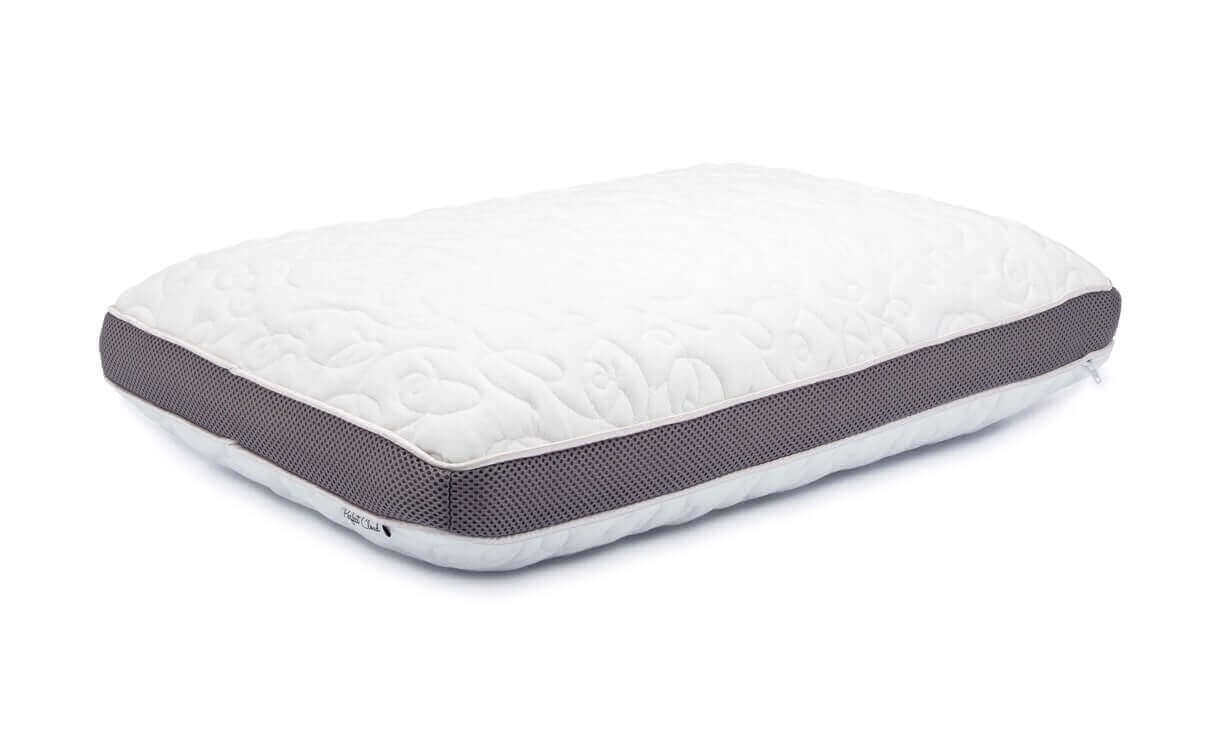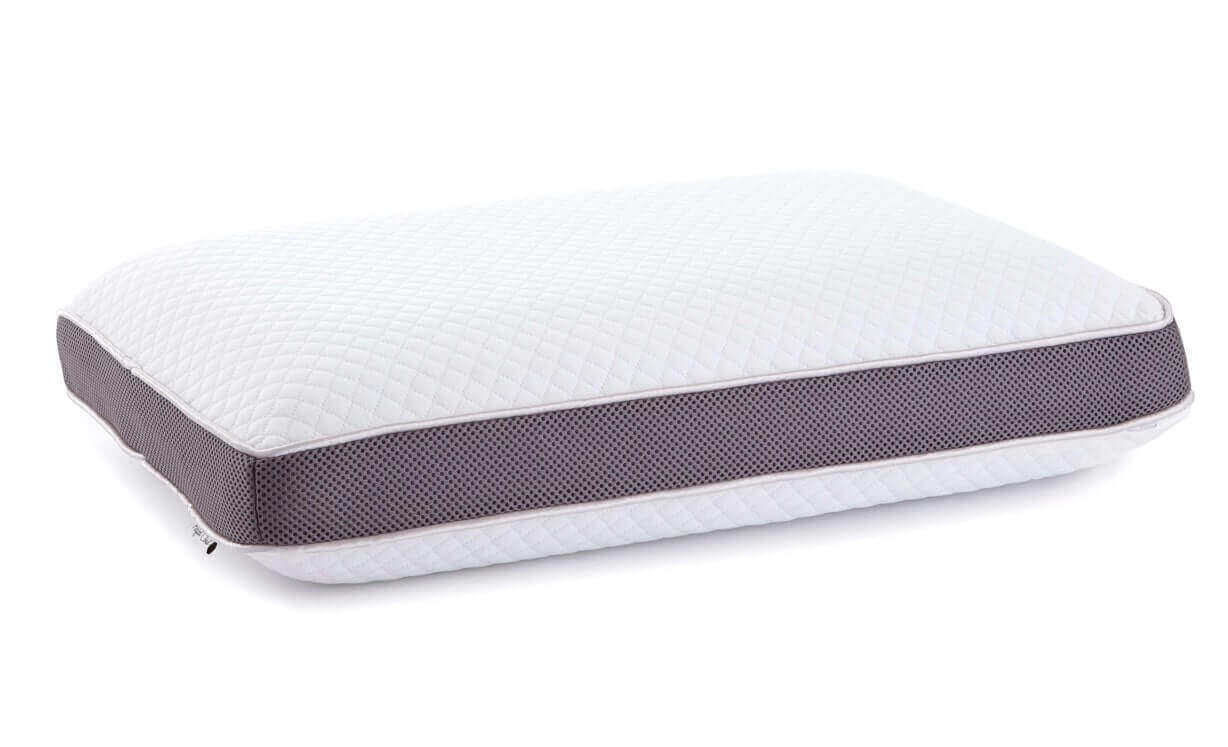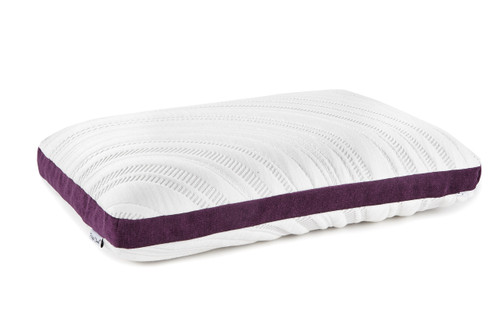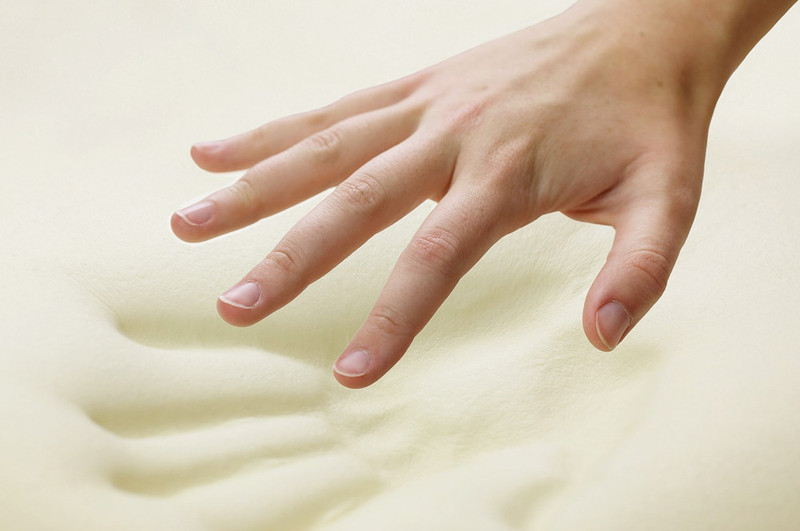How to Know What Memory Foam Density is Right for You
Posted by Brenton on 2nd Aug 2017
Why does memory foam density matter? Is a softer memory foam better or would you prefer sleeping on the harder stuff? There are a lot of questions surrounding memory foam, but the only way you can know what mattress will work best for you is if you know exactly what you're putting your body on at night.
WHAT DOES MEMORY FOAM DENSITY MEAN?
Memory foam density is simply the measure of how much one cubic foot weighs. This weight can vary based on a variety of factors including how much air is present within the foam. High-density foams are more durable than lower density foams and stand up to impressions and wear better as well.
LOW-DENSITY MEMORY FOAM:
Low-density memory foam has a measurement of 3 pounds per cubic foot or lower. This kind of memory foam feels softer to the touch, and you'll sink in more quickly. Most memory foam mattress makers use higher densities because they are more durable and provide more support than low-density foams. However, less dense means less foam and this translates to a more affordable mattress. If you're shopping on a tight budget or really like that sinking feeling in your bed, then a low-density foam mattress might be right for you.
MEDIUM-DENSITY MEMORY FOAM:
This is memory foam with a density of 4 to 5 pounds per cubic foot. Mattresses made with medium-density foam are typically a good blend of comfort, durability, and support with a reasonable price tag. While they're not as soft as low-density memory foam, you'll still sink into comfort without much resistance. These mattresses don't offer quite the level of support a high-density product would, but they should still be enough for the average sleeper. If you're new to memory foam or just aren't really sure what you’re looking for, a medium-density memory foam mattress is a good place to start.
HIGH-DENSITY MEMORY FOAM:
High-density memory foam includes anything 6 pounds per cubic inch or higher. These mattresses offer fantastic support and are durable enough to last you a long time. If you're looking to relieve back pain, high-density memory foam provides unique support that can lessen joint pain and improve circulation. One note for anyone looking at this option is that high-density foam may feel stiff at first, but it soon molds to your body. This unique molded support is what relieves pressure points.
W H A T T O L O O K F O R ?
Most memory foam mattresses that you'll find these days are constructed using a variety of layers designed to offer maximum support while still maintaining that plush feel on top. The first step you need to take when shopping for a new mattress is to know what type of sleeper you are and what type of mattress you want whether that's on the firmer or softer side. Once you've figured that out you can start your search. If you want a firmer mattress, look for something that incorporates a thick base layer of "support foam".
This is essentially a high-density foam that is going to firm up your mattress allowing you to sleep more comfortably. On the other hand, if you want a softer mattress you'll want to look for something with more aerated, gel, or plush memory foam on top. That doesn't mean it won't have some support foam, but you want to make sure that you are getting something that is going to let you sink in a bit.











